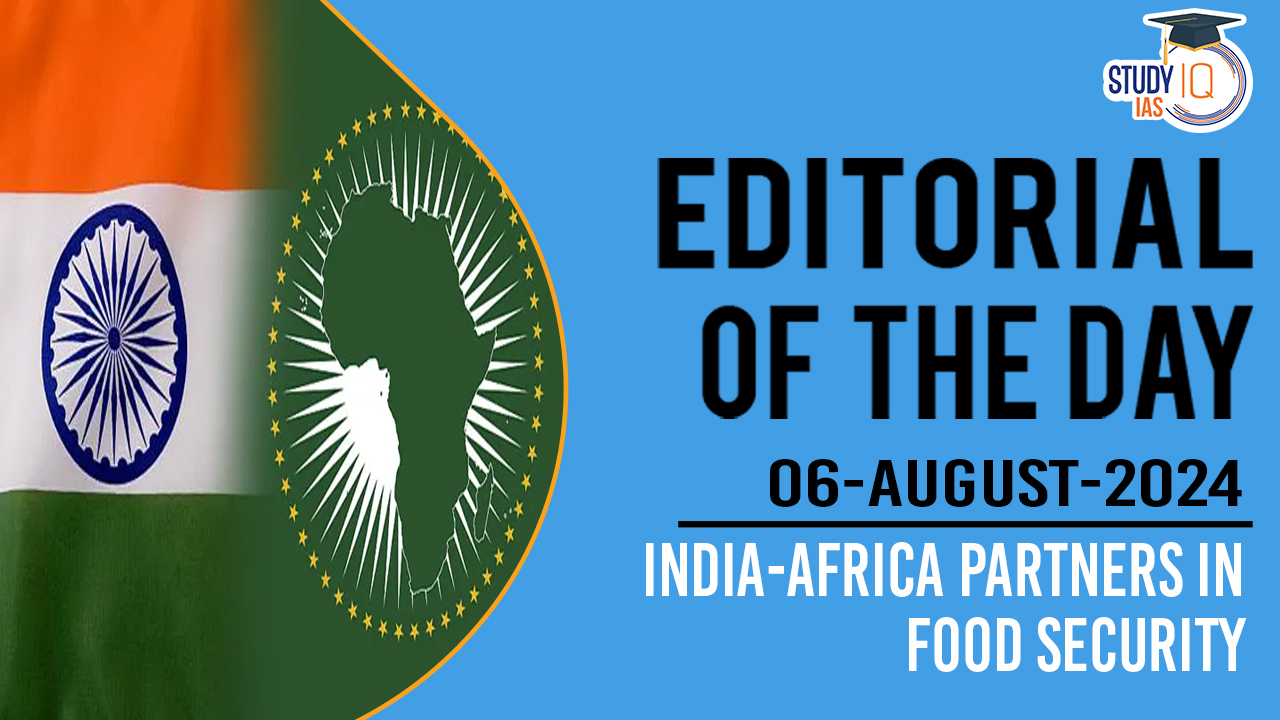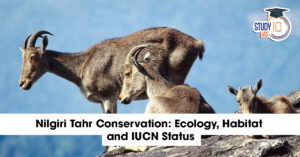Table of Contents
Context: The 32nd International Conference of Agricultural Economists is being hosted by India in Delhi.
More in News
- India last hosted this event in Mysore in 1958 with then-Prime Minister Jawaharlal Nehru. The conference traces its roots back to India, with Lord L.K. Elmhirst, influenced by Rabindranath Tagore, as its founding president.
- Prime Minister Narendra Modi and Agriculture Minister Shivraj Singh Chouhan are the chief and guest of honour, respectively.
Historical Background and Motivation
- The idea for the ICAE was inspired by Tagore’s concern for villages around Santiniketan in the early 1920s. Tagore envisioned using agriculture to revitalise rural India, a vision that eventually contributed to the formation of ICAE.
- Tagore’s vision was aimed for holistic rural freedom, emphasising education, scientific training, and cultural enrichment to uplift rural communities.
Significance and Goals of ICAE
- Global Food and Nutritional Security: The conference focuses on critical issues like the world’s food supply and nutritional security, which are exacerbated by climate change and geopolitical conflicts.
- India’s Agricultural Successes: Discussions highlight India’s achievements in the Green Revolution and the White Revolution, contrasting with ongoing food security challenges in Africa.
- South-South Collaboration: The inclusion of the African Union in the G20 during India’s presidency is seen as a step towards enhancing collaboration on agricultural and food security between India, Africa, and other southern nations.
Comparative Study of Indian and African Agricultural Practices
- Scope of Study: The session compared experiences from 20 major Indian states with 15 African countries from 2004-05 to 2019-20.
- Key Findings:
- High debt service ratios in African countries lead to reduced agricultural spending.
- African countries underfund agriculture relative to Indian states, impacting productivity and child nutrition.
- Both regions invest insufficiently in agricultural R&D, which has high returns.
- There’s a need to reform subsidies and focus more on infrastructure and R&D to boost agricultural growth and improve nutrition.
Global Food Security
- UN Goals: Highlighting the challenge of meeting the United Nations’ zero hunger goal by 2030 amid rising conflicts and climate issues.
- Required Investment: An additional $21 billion annually needed to end global hunger by 2040, according to a study by the University of Bonn and FAO.
- G20 Impact:
- India’s G20 presidency focused on food security and bioeconomy strategies.
- Brazil, following India, continues to advance these themes, with China also launching its bioeconomy strategy.
- The sequence of G20 presidencies (Indonesia, India, Brazil, and upcoming South Africa) reflects a shift towards addressing Global South issues, particularly in food systems governance.
Future Directions
- South-South Collaboration: Emphasis on strengthening South-South cooperation, particularly in adapting agricultural systems to climate impacts and transforming food systems through innovations.
- Role of G20: The sequence of G20 presidencies (Indonesia, India, Brazil, and upcoming South Africa) reflects a shift towards addressing the needs of the Global South in food system governance.


 Graphic Processing Units (GPUs) – Work...
Graphic Processing Units (GPUs) – Work...
 Gold Imports and the Indian Economy – ...
Gold Imports and the Indian Economy – ...
 Nilgiri Tahr Conservation: Ecology, Habi...
Nilgiri Tahr Conservation: Ecology, Habi...




















